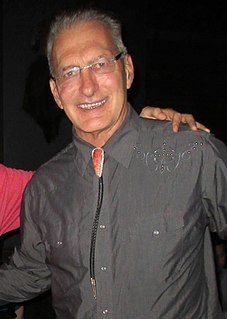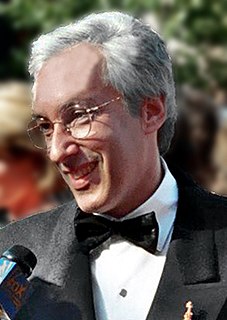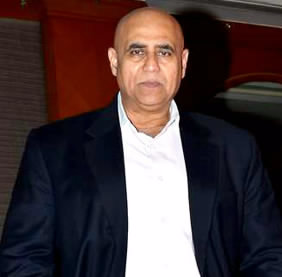A Quote by Mark Ruffalo
As we're bombarded with the imagery that we are and now, post 9-11, it's hard not to get hardened by the world and the amount of violence that's allowed to be shown to kids these days.
Related Quotes
I often compare myself as a kid to my own grandchildren, who are around 11 and 14 now. That's the age kids usually read my book. And I remember myself; we'd gone through a world war. My father was an army officer so I was aware of what was going on. But I wasn't bombarded with images of catastrophe like many kids are today.
I often compare myself as a kid to my own grandchildren, who are around 11 and 14 now. That's the age kids usually read my book. And I remember myself, we'd gone through a world war. My father was an army officer so I was aware of what was going on. But I wasn't bombarded with images of catastrophe like many kids are today.
Before I met No I thought that violence meant shouting and hitting and war and blood. Now I know that there can also be violence in silence and that it’s sometimes invisible to the naked eye. There’s violence in the time that conceals wounds, the relentless succession of days, the impossibility of turning back the clock. Violence is what escapes us. It’s silent and hidden. Violence is what remains inexplicable, what stays forever opaque.


































